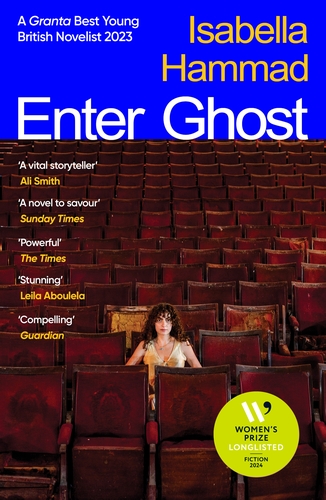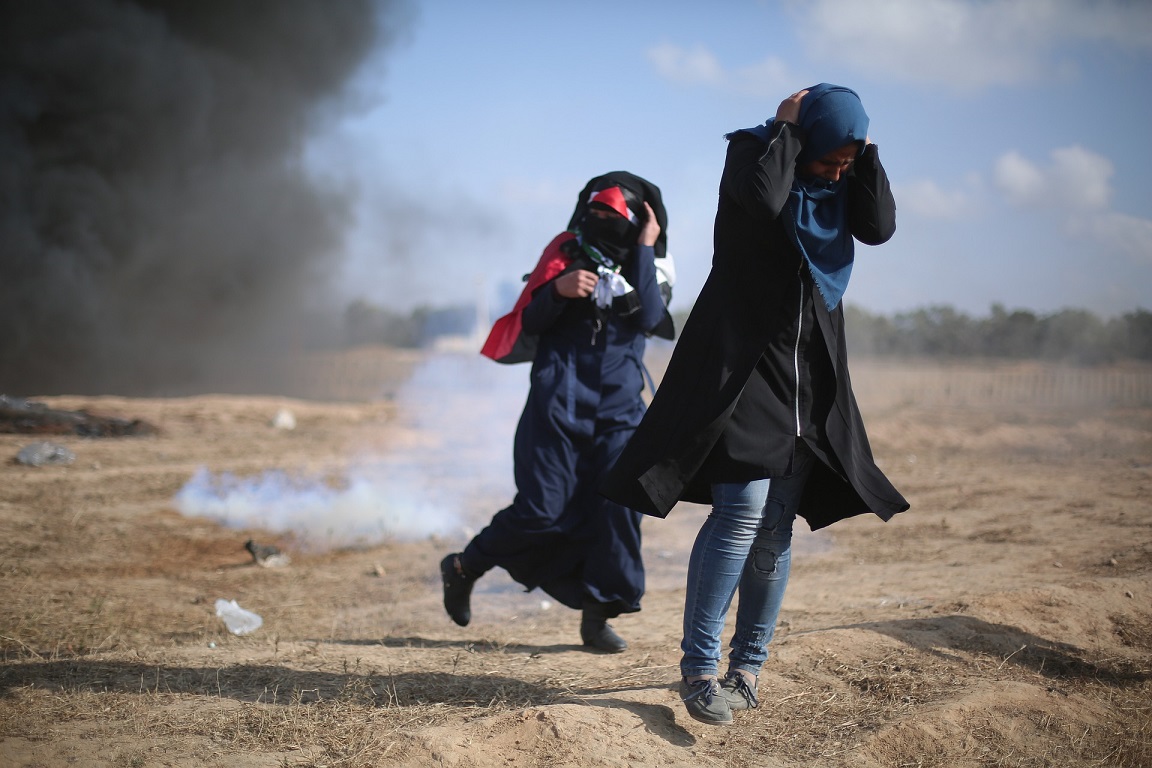Shakespeare’s “Hamlet” is difficult to pin down because multiple avenues of interpretation are embodied in the drama. The idea of there being one warranted meaning has to give way to a plurality of convincing but not always compatible readings.
 Sean Sheehan
Sean Sheehan
The play is a detective story, a political thriller, a revenge study, a Freudian dramatization and so on. Any ‘essence’ of “Hamlet” becomes a chimera. C.L.R. James in his “Notes on Hamlet” writes how all great tragedies deal with opposing ideas of society: “the two societies confront one another within the mind of a single person”. This is one way of reading Hamlet’s famous ‘To be or not to be’ speech. It is couched in theological language but its existential dilemma can be read politically. Does Hamlet submit to the socio-symbolic order or does he intervene?
Sonia Nasir, the narrator in “Enter ghost”, is a professional actor who has returned to her roots in Israel. She wants to see her sister Haneen who lives there but, after a broken love affair in London, time out is also needed for reflection. When Sonia meets Miriam, a dynamic theatre director, she finds herself drawn in to a production in Arabic of “Hamlet” in the West Bank.
Rehearsals involve discussions of the drama and one of the actors asks if Shakespeare’s setting of Denmark is supposed to become Palestine or Israel: “The time is out of joint—O cursèd spite / That ever I was born to set it right” and “Something is rotten in the state of Denmark” demand engagement.
 Sonia is haunted by a ghost of the past but, unlike Hamlet, there is more than one; the man in London she had been involved in romantically and the historical ghost of 1948 when Palestinian land was seized by Israeli settlers.
Sonia is haunted by a ghost of the past but, unlike Hamlet, there is more than one; the man in London she had been involved in romantically and the historical ghost of 1948 when Palestinian land was seized by Israeli settlers.
She visits her grandparents’ house in Haifa where summers were spent with her family but has not been back since their deaths and the second intifada (2000-5).
Her uncle sold it to a Jewish family, inviting the kind of comparison one of the actors makes between Hamlet’s mother – betraying her father’s memory by marrying the man who, it turns out, murdered her first husband – and those Palestinians who sold land to Israeli Jews.
 Sonia’s visits to the West Bank remind her of what she was able to comfortably bracket off in London: occupation, harassment from the Israeli Defence Force (IDF), dispossession and the second-class citizenship for Palestinians living there. The situation comes to bear on her and the troupe of actors as the first night’s performance draws closer.
Sonia’s visits to the West Bank remind her of what she was able to comfortably bracket off in London: occupation, harassment from the Israeli Defence Force (IDF), dispossession and the second-class citizenship for Palestinians living there. The situation comes to bear on her and the troupe of actors as the first night’s performance draws closer.
This is political theatre of the kind she never experienced on the London’s West End stage. The stakes are high when the IDF take an interest in what is taking place on a stage next to one of their checkpoints.
“Enter ghost” is tremendously good, blending the personal and the political and asking the kind of questions familiar to Hamlet.
“Enter ghost” by Isabella Hammond is published by Jonathan Cape.
(Photos: Pixabay












.jpg)












